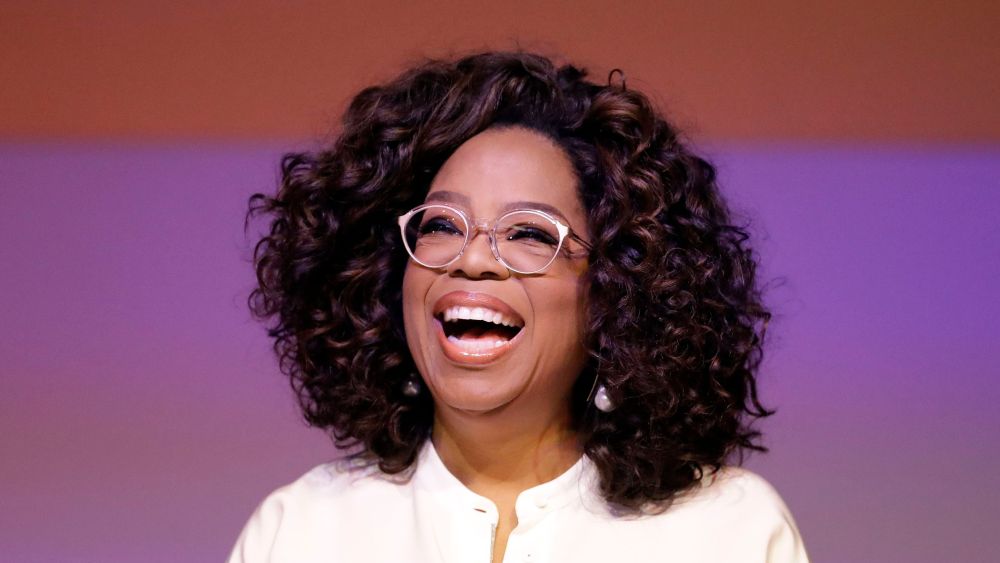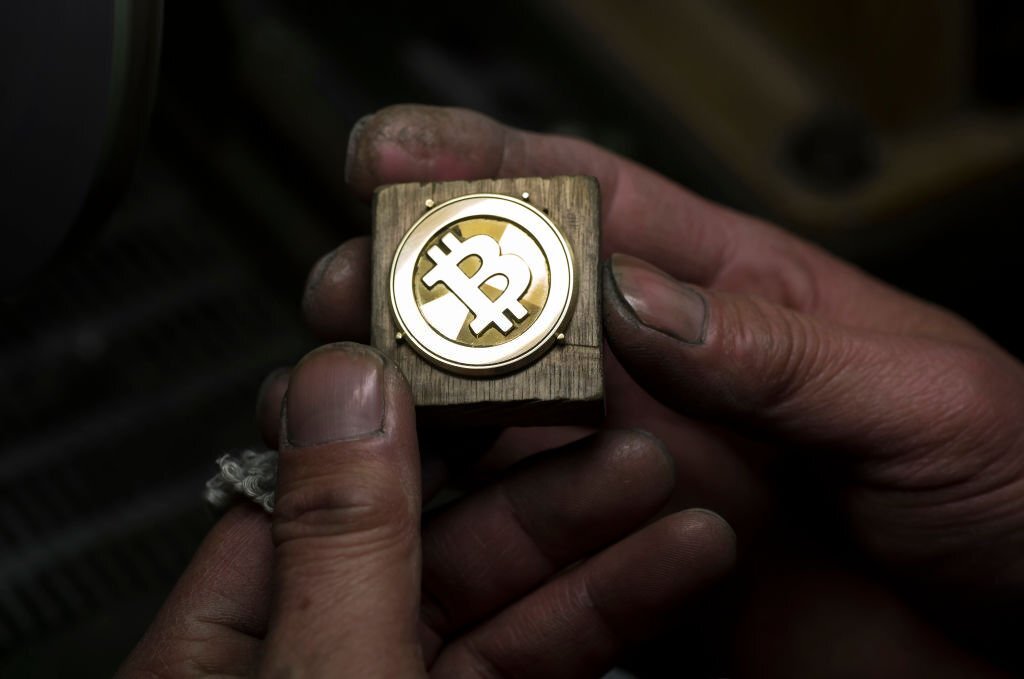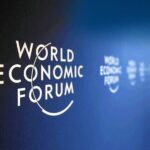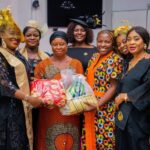
The fight for gender equality has been waged for well over a century. And while there may well have been strides made in that time, with greater representation of women at all levels in business and government and signs of progress towards wage equality in certain corporates and sectors, there are still significant barriers that prevent true equality from becoming a reality.
Research from the World Economic Forum (WEF) underlines this, with the Global Gender Gap Report 2021 showing that another entire generation of women will have to wait for gender parity. The report calculated that closing the global gender gap has increased from 99.5 years to 135.6 years. In Saharan Africa, where gender parity sits at 67.2 per cent, that gap can be closed slightly quicker: in 121.7 years.
The ability to close this gap has been hampered by the impact of the pandemic. Evidence outlined in the report suggests that the health emergency and the ensuing economic downturn have impacted women more severely than men, amplifying existing gender gaps and partially re-opening gaps that had already been closed.
This is because the sectors hardest hit by lockdowns and rapid digitalisation are those where women are more frequently employed – such as the Consumer sector, Non-profits, and Media and Communication. Forecasts from ILO suggest five per cent of all employed women lost their jobs, compared to 3.9 per cent of employed men. LinkedIn data further shows a marked decline of women’s hiring into leadership roles, creating a reversal of between one and two years of progress across multiple industries.
According to the WEF report, the gender gap in Economic Participation and Opportunity is expected to take 267.6 years to close. This is driven by a dichotomy: because even as the proportion of skilled women professionals continues to increase and wage equality improves at a slow pace, there is a persistent lack of women in leadership positions – with women representing just 27 per cent of all manager positions worldwide – and overall income disparities remaining an ongoing challenge. The Gender Pay Gap Report 2021 by the National Business Initiative (NBI) in South Africa found that the pay gap across firms ranges from nine to 35 per cent, which results in a quantifiable amount of R72.44 to every R100.00 earned by men.
However, despite the seemingly bleak picture of advancements being made in driving gender equality and women empowerment, there is a silver lining. Many organisations in the private and public sectors are proactively working to bring more women to the boardroom table, and create workplaces and environments that are diverse, equitable and inclusive. For many, this means putting in place policies and tangible targets as part of their diversity and inclusion (D&I) efforts.
But increasingly, it also means celebrating women’s achievements and increasing visibility, while calling out inequality, to help forge a more gender equal world. Organisations are taking action and raising awareness through International Women’s Day – which is commemorated globally on March 8 – to celebrate the social, economic, cultural and political achievements of women and take a stand for accelerating women’s equality.
This year’s theme is: ‘Break the Bias’ and calls on individuals and public and private sector organisations and partners alike to pledge to break the bias in communities, workplaces, and schools, colleges and universities. A growing groundswell of people and organisations are doing exactly that. They are combining this pledge with concrete action, such as D&I policies and targets, to help forge a world that is diverse, equitable and inclusive and free of bias, stereotypes, and discrimination.
Mondelēz, for instance, as a global organisation has made women empowerment and greater representation of women in leadership one of its three-diversity and inclusion (D&I) focus areas between 2019 and 2022. It is also part of a four-year strategic roadmap target. And the company has already made progress in these areas, exceeding industry benchmarks for women in leadership: with 43 per cent of women in senior director and senior manager roles globally against the food and beverages industry benchmark of 33 per cent, and 31 per cent of our board of directors made up of women.
Mondelēz’s Sub Saharan African business has also achieved notable success in this area, with 62 per cent of the senior leadership team comprised of women – exceeding the target of 50 per cent. We are also doing well in bringing different types of talent into the business, specifically through investment in our early careers programme which enables a pipeline that is diverse and equitable.
Women are also well represented on the organisation’s SSA D&I Council: of 12 people on council, seven are women. The Sub-Saharan African business does not have a gender pay gap, either. As part of the policies the company has put in place to create an enabling and inclusive environment free of bias, there are flexibility and maternity leave policies, and mentoring and leadership development programmes tailored for locally-relevant underrepresented groups.
Inclusivity and equality are part of the fabric that has made up the DNA of the business for many years: the company signed the UN Women’s Empowerment Principles in 2013 to express support for advancing equality between women and men. And in line with showing this support, Mondelēz committed to spending $1 billion with minority and women-owned businesses by 2024.
These efforts are ongoing and widespread – but true gender equality can only be possible if ever-more companies and people commit to being part of the change, and actively work towards breaking the bias and creating transformed workplaces underpinned by diversity, equity and inclusivity.
Xulu is the people lead, Sub Sahara Africa at Mondelēz International, Cadbury Nigeria Plc’s parent company.













